Are you tired of dealing with thin or slow-growing hair? You’re not alone. Many people struggle with hair that lacks volume and takes forever to grow.
While there are various hair growth products and treatments available in the market, some natural remedies can also help boost hair growth and improve its thickness. In this post, we will discuss five natural hair growth boosters that can help transform your hair.
Busy? Save this pin for later.
1. Scalp Massage
A scalp massage is a simple yet effective technique to promote hair growth. It helps increase blood flow to the hair follicles, providing them with essential nutrients and oxygen.
Additionally, a scalp massage can also help reduce stress, which is known to contribute to hair loss.
To perform a scalp massage, follow these steps:
- Start by applying a few drops of your favorite hair oil or coconut oil to your fingertips.
- Gently massage your scalp using circular motions for 5-10 minutes.
- Focus on areas where your hair is thinning or growing slowly.
Scalp massage can be done 2-3 times a week to achieve optimal results. Regular massage stimulates the hair follicles and encourages hair growth.
2. Essential Oils
Essential oils have been used for centuries to promote hair growth and improve hair health.
Some essential oils that are particularly beneficial for thin or slow-growing hair include:
- Lavender oil: Lavender oil has antimicrobial properties that help keep the scalp clean and healthy. It also improves blood circulation, promoting hair growth.
- Rosemary oil: Rosemary oil stimulates hair follicles, leading to increased hair growth. It also helps in preventing premature graying of hair.
- Peppermint oil: Peppermint oil has a cooling effect on the scalp, which stimulates blood flow and promotes hair growth.
To use essential oils for hair growth, dilute a few drops with a carrier oil such as coconut oil or jojoba oil and massage the mixture into your scalp. Leave it on for at least 30 minutes before washing it off. Repeat this process regularly to nourish your scalp and stimulate hair growth.
3. Nutrient-rich Diet
You are what you eat, and the same goes for your hair. A balanced and nutrient-rich diet plays a crucial role in maintaining healthy hair and promoting its growth.
Include the following foods in your diet to support hair growth:
- Protein: Hair is primarily made up of protein, so make sure to consume enough lean meats, fish, eggs, and legumes. These are excellent sources of protein that provide the building blocks for hair growth.
- Vitamins and minerals: Vitamins such as A, C, and E, and minerals like iron, zinc, and biotin are essential for hair growth. Incorporate foods like leafy greens, citrus fruits, nuts, and seeds into your diet to ensure you’re getting an adequate intake of these nutrients.
- Omega-3 fatty acids: These healthy fats can be found in fish, avocados, and nuts, and are essential for a healthy scalp and hair. They help nourish the hair follicles and promote hair growth.
Maintaining a nutrient-rich diet is vital for your overall health and can significantly contribute to the growth and thickness of your hair.
You Might Also Like: 5 Common Hair Care Mistakes You Might Be Making
4. Aloe Vera
Aloe vera is a versatile plant that offers numerous benefits for hair health. It contains proteolytic enzymes that repair dead skin cells on the scalp, promoting hair growth. Aloe vera also has a soothing effect on the scalp, reducing itchiness and inflammation.
Here’s how you can use it:
- Extract fresh aloe vera gel from the plant and apply it directly to your scalp.
- Leave it on for 30 minutes before rinsing it off with lukewarm water.
Repeat this process 2-3 times a week for best results. Aloe vera can help restore the pH balance of the scalp, nourish the hair follicles, and promote healthy hair growth.
5. Avoid Harsh Styling Products and Techniques
Using harsh styling products and subjecting your hair to frequent heat styling can damage the hair shaft and impede its growth. Avoid excessive use of hair straighteners, curling irons, and hair dryers. If you must use heat styling tools, always apply a heat protectant spray to minimize damage.
Additionally, opt for gentle hair care products that are free of sulfates and harsh chemicals. These can strip the natural oils from your hair, making it brittle and prone to breakage. Look for products that are specifically formulated to promote hair growth and nourish the scalp.
In conclusion, achieving thicker and faster-growing hair is possible by incorporating these natural hair growth boosters into your routine.
Remember, consistency is key when it comes to seeing results. Combine these remedies with a healthy lifestyle, including a nutrient-rich diet, and you’ll be on your way to luscious locks in no time!
FAQ
1. How often should I perform a scalp massage?
A scalp massage can be done 2-3 times a week to achieve optimal results. Regular massage stimulates the hair follicles and encourages hair growth.
2. Which essential oils are beneficial for thin or slow-growing hair?
Some essential oils that are particularly beneficial for thin or slow-growing hair include lavender oil, rosemary oil, and peppermint oil. Lavender oil has antimicrobial properties and improves blood circulation. Rosemary oil stimulates hair follicles and helps prevent premature graying. Peppermint oil has a cooling effect on the scalp and promotes blood flow.
3. What foods should I include in my diet to support hair growth?
To support hair growth, include protein-rich foods like lean meats, fish, eggs, and legumes. Incorporate foods rich in vitamins (A, C, and E), minerals (iron, zinc, and biotin), and omega-3 fatty acids. Leafy greens, citrus fruits, nuts, seeds, fish, avocados, and nuts are excellent choices.
4. How often should I use aloe vera for hair growth?
For best results, apply fresh aloe vera gel directly to your scalp and leave it on for 30 minutes before rinsing it off with lukewarm water. Repeat this process 2-3 times a week. Aloe vera helps repair dead skin cells, soothes the scalp, and promotes healthy hair growth.
You Might Also Like: 5 Easy Ways to Color Your Hair With The Least Amount of Damage

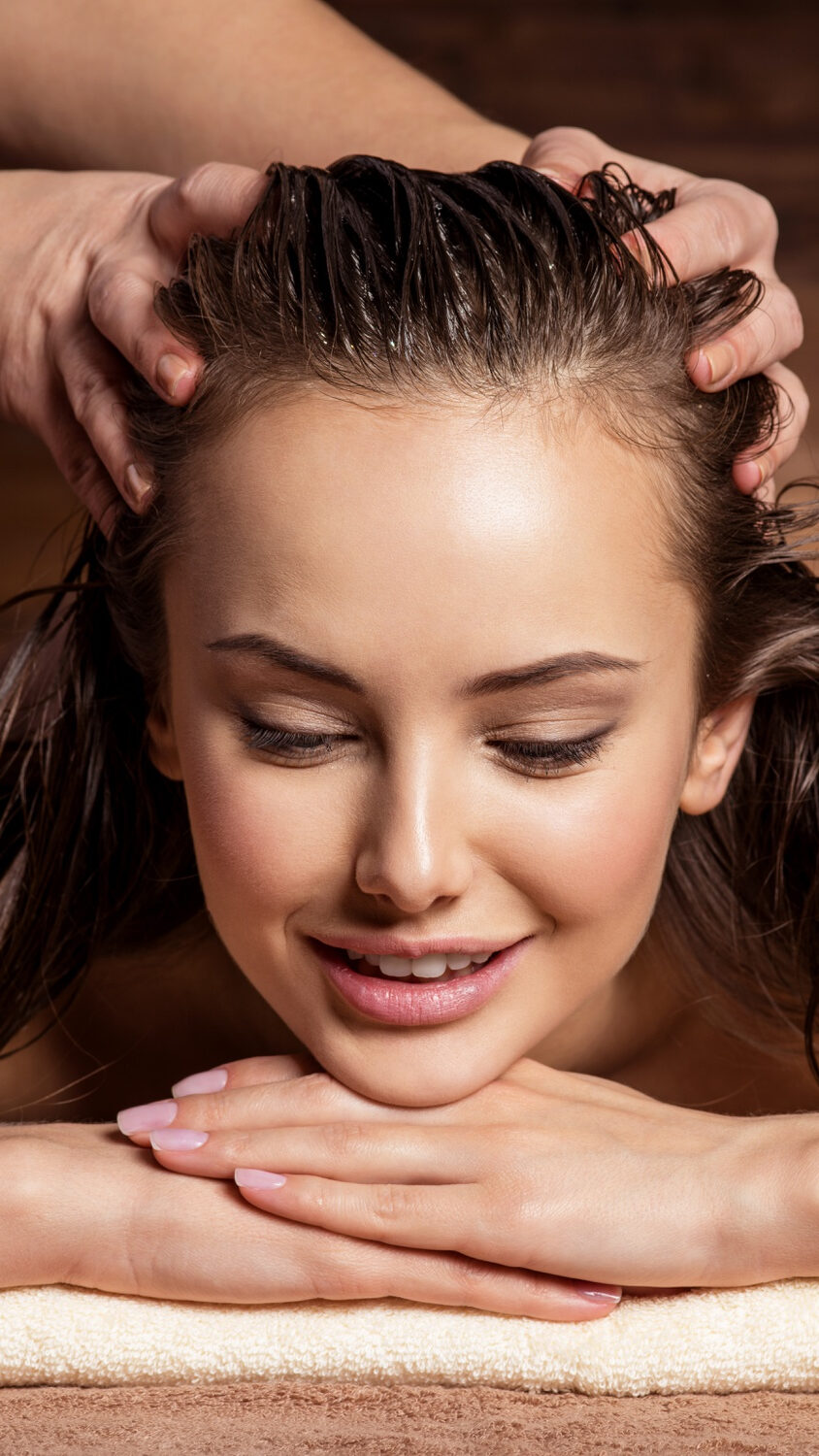
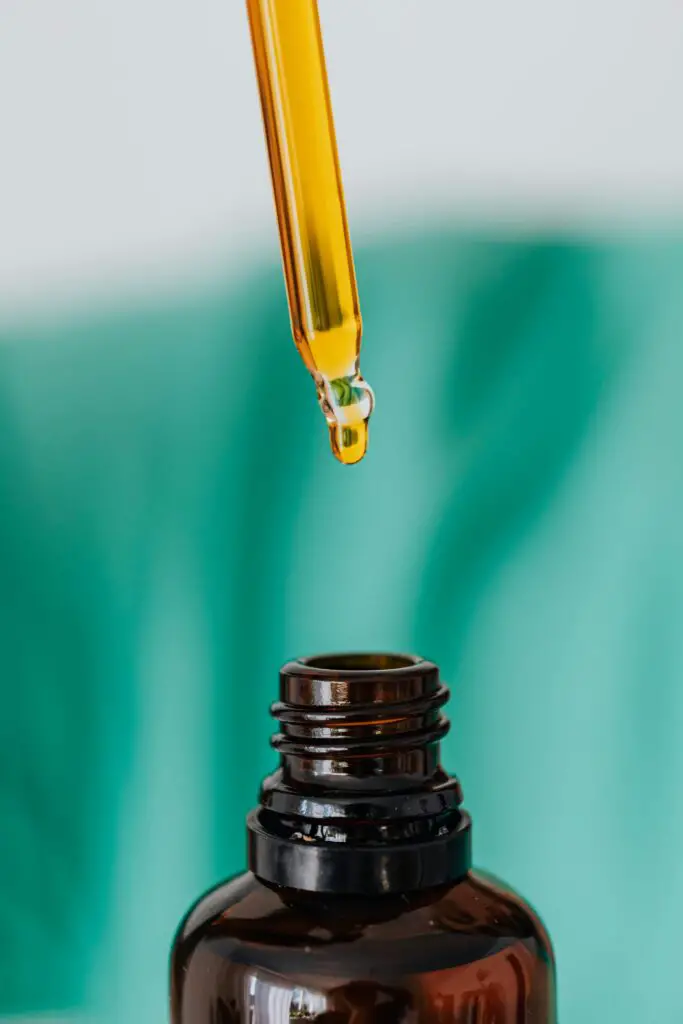
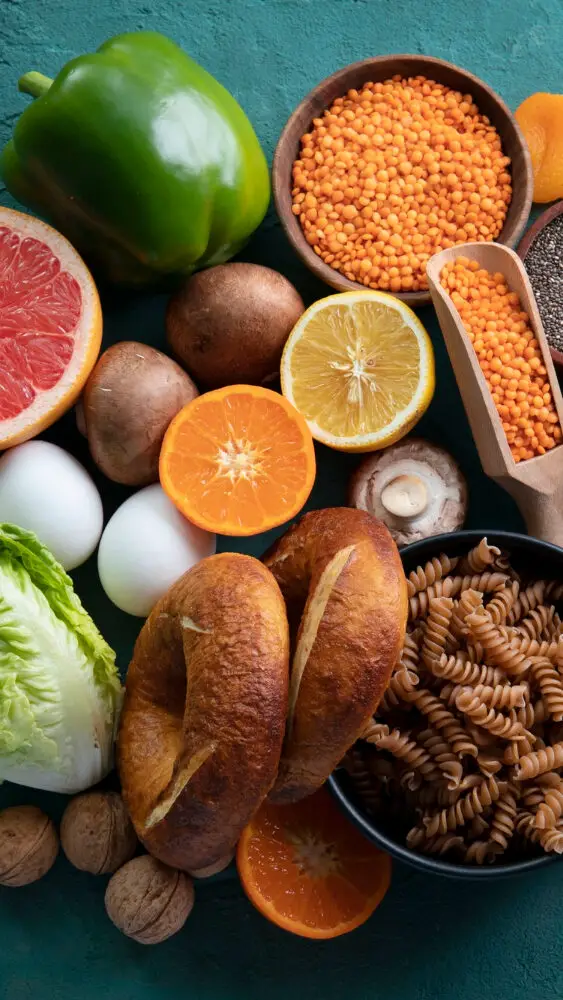
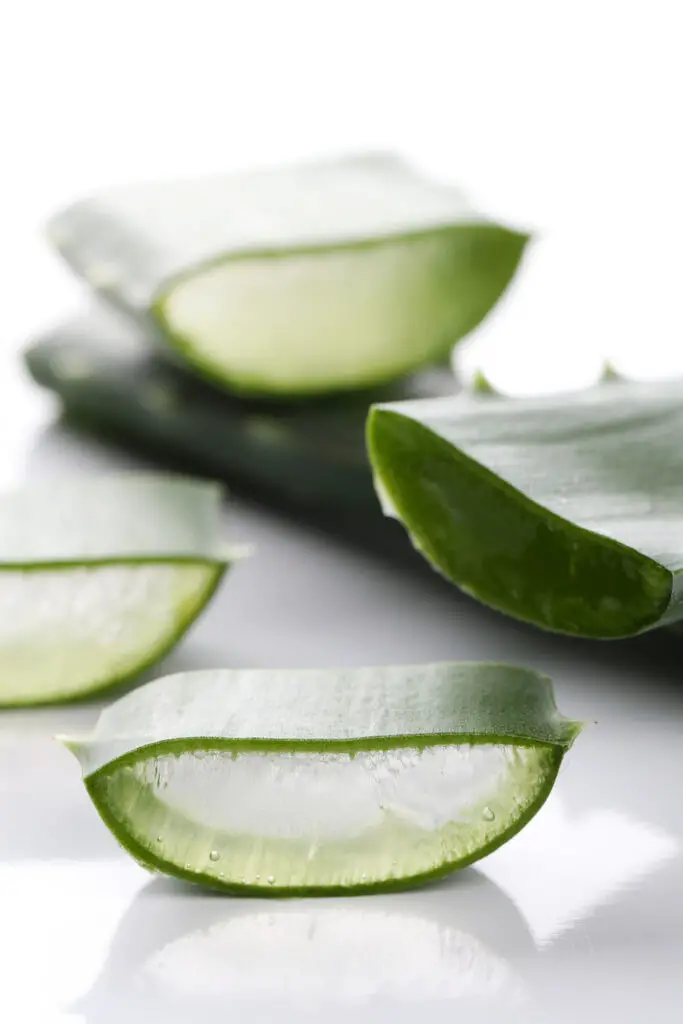

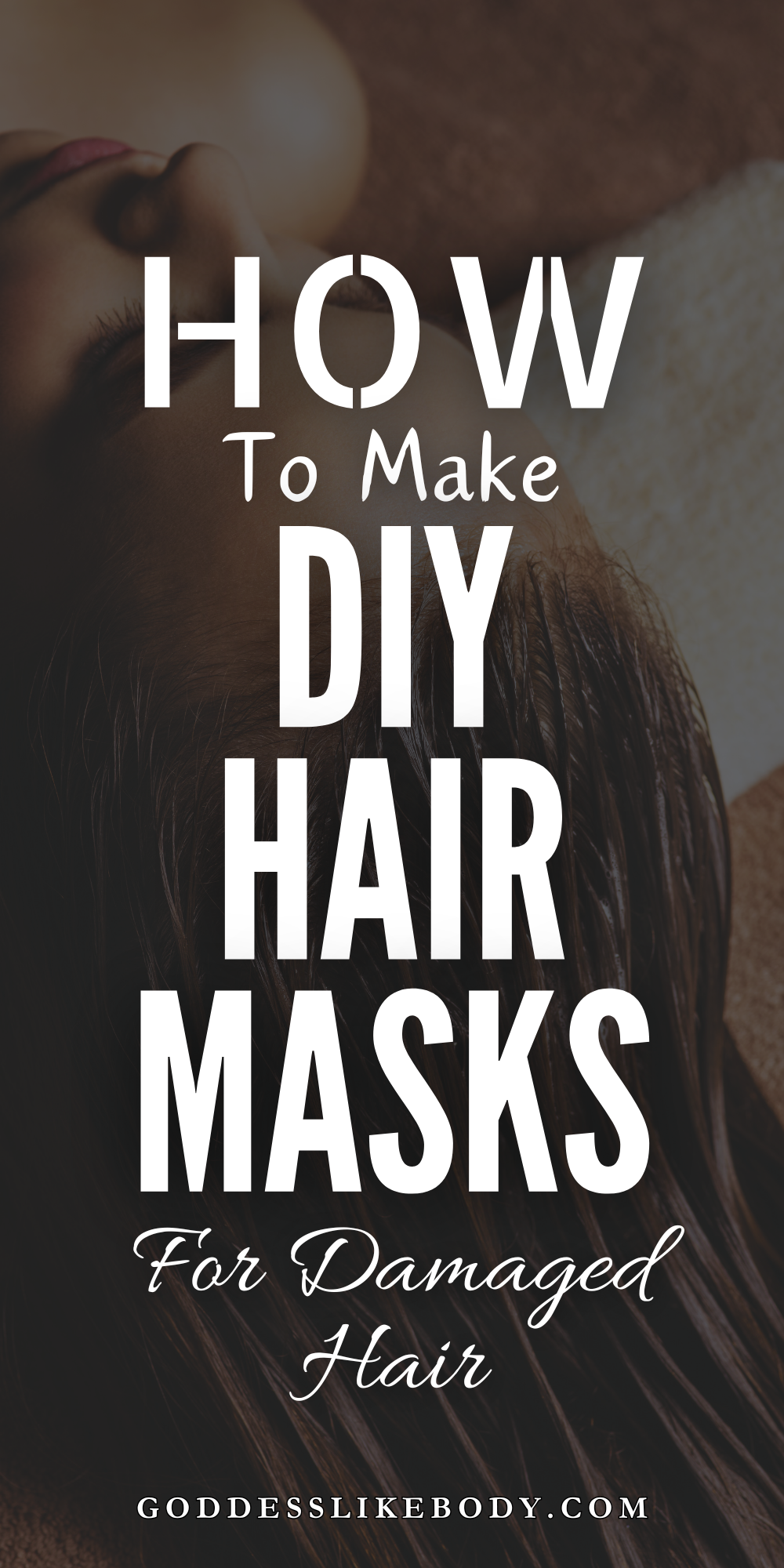
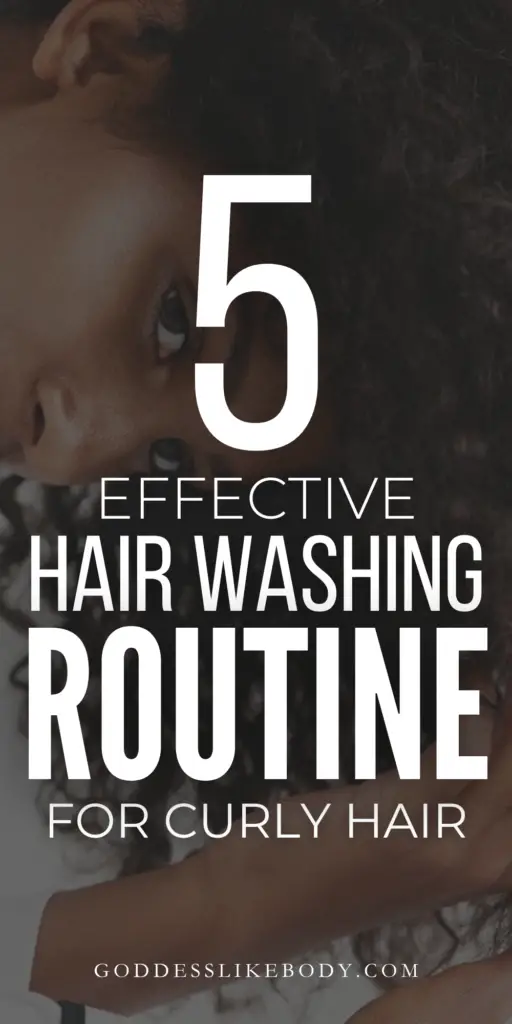

Leave a Reply